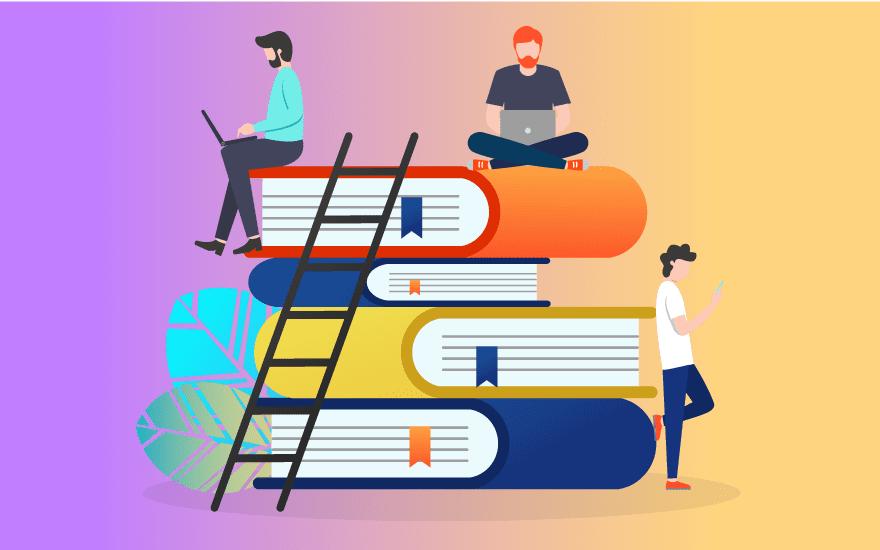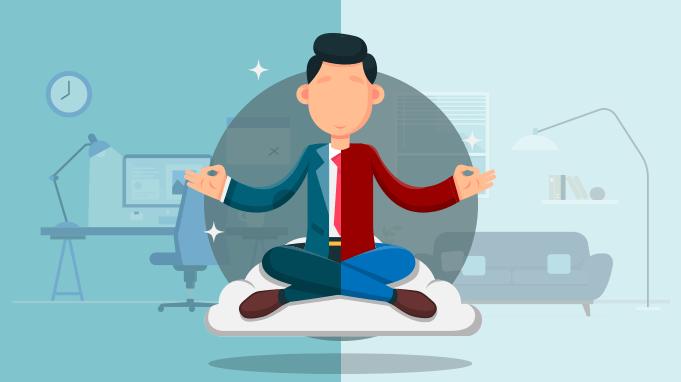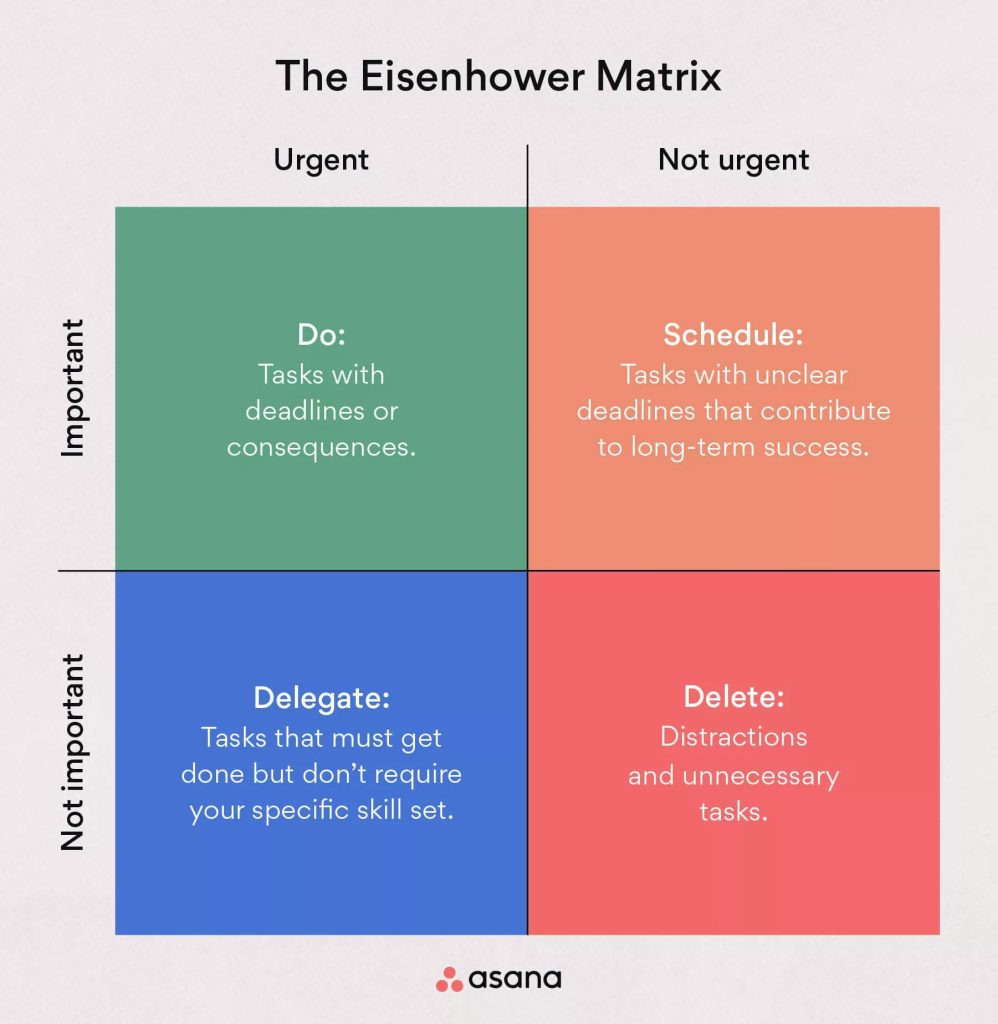Quality Education
The country’s ability to thrive in education has enabled it to be one of the best-performing in terms of academics. Singapore’s economic growth on a global scale and its fast-growing developments are attributed to its high-quality education.
Source: https://leverageedublog.s3.ap-south-1.amazonaws.com
Singapore consistently ranks in the top five globally in reading, mathematics, and science tests. It has implemented a comprehensive strategy to ensure students have the necessary skills to excel academically.
Through robust curriculum development and high standards of teaching, students in Singapore can receive some of the best tutoring resources and guidance from experienced professionals.
Singapore’s Education System is Challenging
Singapore’s highly competitive education system and the pressure to excel academically and achieve more can overwhelm many students. High expectations from parents and teachers make it difficult for students to keep up with the demanding curriculum.
Critical Thinking:
Aside from the sheer volume of material that must be learned, students are expected to think critically and apply their knowledge in new contexts. This task requires more problem-solving skills and creativity, which can be difficult for some students to master.
Critical thinking ability is a skill that takes a great amount of time, patience and hard work to master. The guidance of good quality tutors is needed to manage the challenges of acquiring this skill.
Student-Teacher Ratio:
To make matters even more challenging, Singapore has one of the highest student-teacher ratios in the world, meaning that students may not have enough access to individualized feedback or support from teachers (in the context of school).
National Examinations:
Students must also contend with frequent national examinations, which may increase anxiety and stress levels if they cannot perform well. Ultimately, Singapore’s education system has set a high bar for academic excellence; however, with hard work and dedication, any student can succeed in this rigorous academic environment.
The Need For Balance
The importance of balance in a tight schedule in Singapore’s highly competitive and demanding academic environment has increased over the years.
A healthy ability to juggle work and leisure is crucial to function optimally throughout the day and in the long run. Studies have shown that meaningful breaks from studies-specific activities can help reduce stress, improve concentration, and increase productivity.
Source: https://blog.vantagecircle.com
Regular breaks from studying allow students to recharge their mental batteries and return to their studies with renewed focus and energy. Students should consider doing stimulating yet relaxing activities during longer breaks to maximise the benefits of breaks.
Manage time effectively through sufficient practice, and you’ll become the master of it in no time!
Never Compromise Your Health
Sleep deprivation has been linked to poor concentration and reduced cognitive performance; therefore, research suggests that getting enough rest is essential for optimal academic performance.
One of the first things that students compromise on is sleep. A sedentary lifestyle, poor dietary choices, plunging into unhealthy relationships (which often begin as sources of escape from other stress factors of life), and not checking in with oneself on an emotional level are factors that cause detriment to one’s health.
Taking care of yourself will lead you to more opportunities to remain productive. But how can you take meaningful breaks from your study sessions and maintain productivity?
Have you wondered about how to achieve equilibrium while still being productive?
Let’s look at how students spend break times fruitfully!
It starts with good task management
The Eisenhower matrix is a tool to help with prioritization that divides tasks into urgent and important tasks. The goal is to get people to prioritize more important tasks over less important but more time-sensitive ones, or such things as things that take attention and resources from the important ones.
This method, originally developed by President Dwight D. Eisenhower, categorizes tasks into four categories of importance. By viewing daily tasks through this lens and putting them into their respective categories, students can more accurately prioritize and complete tasks to maximize productivity while taking regular breaks from studies when needed.
The key is to devote more attention to the Urgent/Important category to-do list while avoiding getting bogged down with unnecessary Urgent/Not Important tasks or Not Urgent/Not Important items.
Source: https://assets.asana.biz
Some tactics like the Pomodoro technique will come in handy, and this process will aid in effective task management. You will get more work done in less time, and there will also be enough time to engage in your hobbies.
Let’s look at how students spend break times fruitfully!
Singapore’s highly competitive education system and expectations from parents and teachers can take a toll on students. Taking meaningful breaks from studies is essential for mental health, concentration, and productivity.
To maximize the benefits of taking breaks, it is important to ensure that students engage in stimulating yet relaxing activities during their time off. When looking to-do list of ways to take refreshing breaks from studies, here are some tips!
Get adequate sleep:
Sleep deprivation has been linked to poor concentration and reduced cognitive performance; therefore, getting enough rest is essential for optimal academic performance. Aim for 8–9 hours of restful sleep each night to help refresh your mind and body.
Regular exercise:
Regular physical activity helps reduce stress, increases energy levels, and boosts creativity – all great benefits when studying! Whether you prefer jogging or yoga, stay active during break times to reap the full benefits of exercise. The endorphins released through physical activity will ensure greater focus, efficiency and productivity growth.
Listen to podcasts/watch some educational videos:
Sometimes you don’t quite feel exhausted from your studies and may still have some juice to stay focused and push through specific tasks. In such moments, you can have a meal while listening to podcasts or watch a study-related video while lying on the couch to catch the moment of relaxation that you need.
Spend time with friends/family:
Studies have shown that socializing with peers or family members provides a sense of belonging, which can be beneficial when taking a brief break from school work – plus, spending time with loved ones is always fun! Don’t forget to spend quality alone time, too; reading a book or walking are great ways to relax while simultaneously recharging your batteries.
Prioritise self-care:
Never compromise on self-care, as it will ultimately lead to healthier habits that help with more output and improve one’s overall well-being! Make sure you eat healthily, stay hydrated throughout the day, keep yourself organized with lists and goals, and even meditate if it helps you cope with stress – these small steps will go a long way in helping maintain equilibrium in your life while still achieving high results through effective and good time management skills and techniques.



